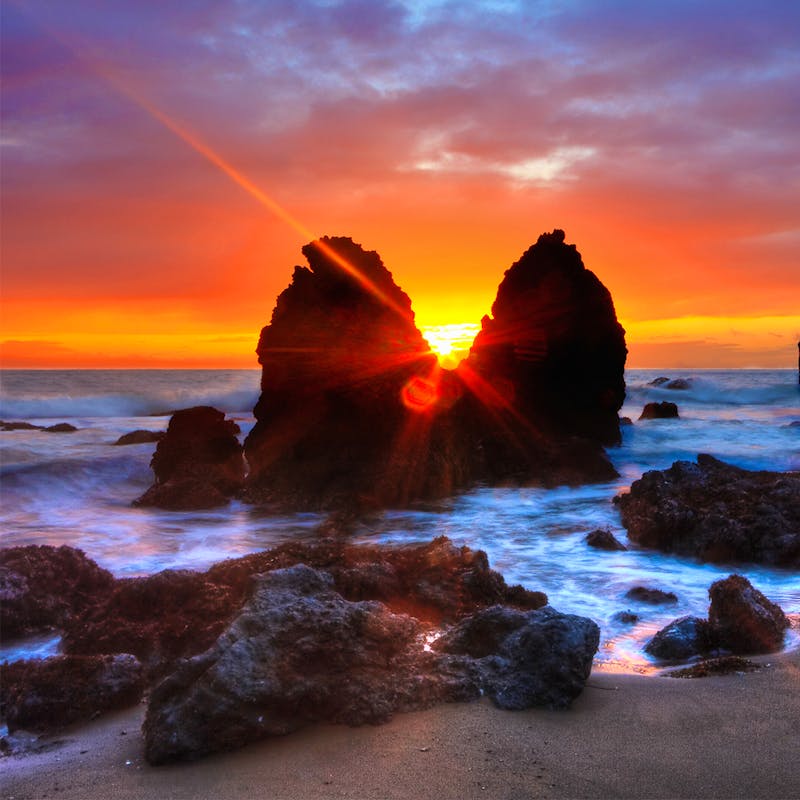Summary:
- Oil from the BP Deepwater Horizon blowout has made landfall on the Gulf coast; it is expected to hit the Delta and Breton National Wildlife Refuges before reaching the mainland.
- The Department of Homeland Security has declared the Deepwater Horizon Gulf spill of "national significance" and multiple agencies are mobilizing to control the spread of oil.
- Officials dealing with the spill have repeatedly pointed out that a spill of this sort is unprecedented; they have never encountered oil leaking from a well a mile below the surface.
- Solutions could take months to implement, in which time spreading oil will have devastated the Gulf coast, from Louisiana down to Florida’s beaches.
- On the eve of International Migratory Bird Day, thousands of migratory birds are traveling through this vital flyway and could be impacted by this uncontrolled spill.
The following are statements from Defenders of Wildlife:
"In a catastrophe that imperils the entire Gulf Coast, offshore oil drilling has again proven to be unreliable and unsafe. As officials gamble with untested means to stop the flow, oil continues to gush into the Gulf and move towards our beaches, coastal communities, wildlife habitat and Gulf fisheries," said Richard Charter, Senior Policy Advisor, Marine Programs. "Wildlife refuges and estuaries in Louisiana, Mississippi, and possibly the coast of Florida, along with thousands of migrating birds, sea turtles, whales and dolphins, river otters and many other species lie potentially in the path of the spill. The extent of the environmental and economic impacts of this spill have yet to be seen, but clearly raise grave concerns for any expansion of drilling off of our coasts in the future."
"Although we are encouraged by the White House announcement that no new areas will be opened up to drilling until this spill has been fully investigated, Shell has announced plans to move forward with drilling in the Arctic, an area just as ecologically fragile as the Gulf, and where cleanup technology doesn’t even exist," said Jamie Rappaport Clark, executive vice president of Defenders of Wildlife and former director of the U.S. Fish and Wildlife Service. "It is time for President Obama to reinstate the moratorium on all drilling off of U.S. shores, ensuring that we can deal with the situation at hand without opening another part of our country up to similar disaster. Hopefully this catastrophe will be a wake-up call for Congress to pass comprehensive climate change legislation that moves us beyond drilling along our fragile coastline and towards a cleaner greener energy future."
Background
Since 2006, there have been 509 fires recorded on oil platforms in the Gulf of Mexico, including nine major oil rig fires that have killed at least two people and seriously injured 12, according to the U.S. Mineral Management Services. Oil is estimated to be gushing from underneath the rig at an estimated rate of at least 5,000 barrels a day.
Links
Read more about the impacts that offshore drilling can have on marine wildlife.
For the latest information on the disaster, visit NOAA’s Office of Response and Restoration.
For over 75 years, Defenders of Wildlife has remained dedicated to protecting all native animals and plants in their natural communities. With a nationwide network of nearly 2.1 million members and supporters, Defenders of Wildlife is a leading advocate for innovative solutions to safeguard our wildlife for generations to come. To learn more, please visit https://defenders.org/newsroom or follow us on X @Defenders.
Media Contact
News

Study Led by Defenders of Wildlife Scientist Shows Noise Pollution Impacts on Migratory Birds

